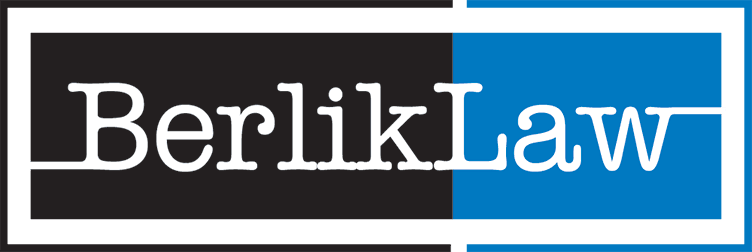Tortious Interference
Business litigation often involves allegations that a competitor engaged in unfair competition or business tactics designed to injure the plaintiff's business. Such cases will only be successful, however, if the defendant business has crossed the line between legitimate competitive activity and tortious conduct. Not all aggressive competition will be deemed unfair or unlawful; a competitor pursuing its legitimate business interests will generally be permitted to do so without incurring liability. However, when a business or an individual intentionally interferes with your contractual or other business relationship and successfully breaks up the relationship, causing financial loss, liability can arise under a cause of action knows as "tortious interference." (That's tortious, not tortuous). This common law tort strikes a balance between two competing public policies: the promotion of healthy economic competition and the protection of existing or reasonably certain prospective economic relationships.
A viable claim for tortious interference with contract or prospective economic advantage generally requires a showing of (1) the existence of a valid contractual relationship or business expectancy with a probability of future economic benefit to the plaintiff; (2) knowledge of the relationship or expectancy on the part of the interferor; (3) reasonable certainty that plaintiff would have continued in the relationship or realized the expectancy absent intentional misconduct; (4) intentional interference inducing or causing a breach or termination of the relationship or expectancy; and (5) resultant damage to the party whose relationship or expectancy has been disrupted. While the interferor's knowledge of the business relationship and his intent to disturb it are requisite elements, malice is not.
Prospective business relationships, and contracts terminable at will, enjoy some protection under Virginia tortious-interference law, but not the same level as that afforded to existing contracts that are not terminable at will. When the claim is for interference with prospective contractual relations or an at-will employment relationship, it will be necessary to prove the conduct was for an "improper purpose" or that "improper methods" were employed in the course of the interference. Bribery, fraud, misrepresentation, deceit, and duress are all examples of improper methods upon which a tortious interference claim may be based. Where a competitor is merely attempting to further its own business interests through lawful competition, it will usually not be liable for any resulting loss of business by a competitor. That's what competition is all about, after all.
BerlikLaw attorneys understand Virginia tortious-interference law and are skilled at applying it to help businesses around the state pursue claims against competitors, disgruntled former employees, and others who have tortiously interfered with their existing and prospective business relationships. We have the wherewithal to address unfair competition head on to protect our clients' business operations.
 Tysons Corner, Virginia Tortious Interference Attorney BerlikLaw Home
Tysons Corner, Virginia Tortious Interference Attorney BerlikLaw Home

